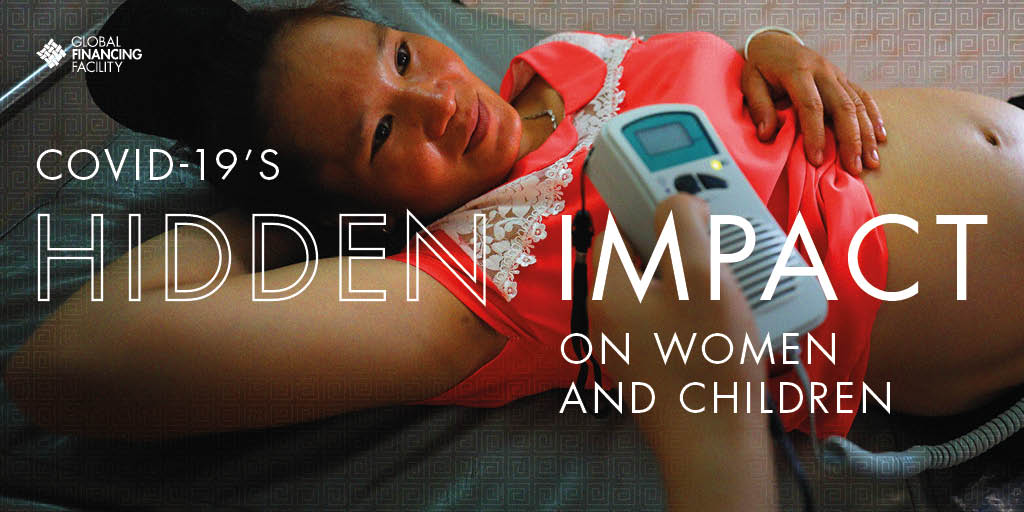2019-2020 annual report shows that 320 million women and girls are now using modern contraception in 69 low-income countries. 13 countries have doubled the number of modern contraceptive users since 2012.
Category: Press Releases
New findings confirm global disruptions in essential health services for women and children from COVID-19
Health impacts of lockdowns, economic losses in poor nations require targeted action and vigilance to save lives and protect against a worsening crisis
Joint press statement Protecting Sexual and Reproductive Health and Rights and Promoting Gender-responsiveness in the COVID-19 crisis
Protecting Sexual and Reproductive Health and Rights and Promoting Gender-responsiveness in the COVID-19 crisis
New UNFPA projections predict calamitous impact on women’s health as COVID-19 pandemic continues
More than 47 million women could lose access to contraception, leading to 7 million unintended pregnancies in the coming months.
ACCESS TO CONTRACEPTION IS CRITICAL IN COVID-19 RESPONSE
As health systems shift to prevent and treat people with COVID-19, it is essential they also protect voluntary access to family planning services. Throughout the crisis, Family Planning 2020 will work with country and global partners to ensure family planning remains a priority service in countries’ COVID-19 response plans.
Philippines on track to further strengthen access to modern contraceptive methods
New report shows that 314 million women and girls are now using modern contraception in 69 low income countries
New family planning 2019-2024 national action plan in Pakistan helps reach women and girls
New report shows that 314 million women and girls are now using modern contraception in 69 low income countries
Over 6.5 million women now use a modern method of contraception in Nigeria
New report shows that 314 million women and girls are now using modern contraception in 69 low income countries
Over 3 million women and girls are using modern methods of contraception as Nepal continues to step up efforts
New report shows that 314 million women and girls are now using modern contraception in 69 low income countries
Mozambique is consistently fastest growing country for uptake of modern methods of contraception since 2012
New report shows that 314 million women and girls are now using modern contraception in 69 low income countries




